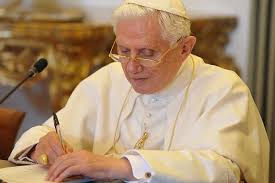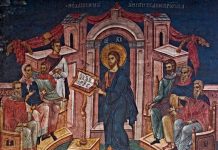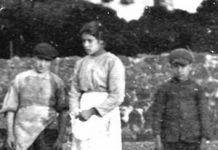BENEDICT XVI
GENERAL AUDIENCE
Paul VI Audience Hall
Wednesday, 3 September 2008
Saint Paul (3)
St Paul’s “Conversion”.
Dear Brothers and Sisters,
Today’s Catechesis is dedicated to the experience that Paul had on his way to Damascus, and therefore on what is commonly known as his conversion. It was precisely on the road to Damascus, at the beginning of the 30s in the first century and after a period in which he had persecuted the Church that the decisive moment in Paul’s life occurred. Much has been written about it and naturally from different points of view. It is certain that he reached a turning point there, indeed a reversal of perspective. And so he began, unexpectedly, to consider as “loss” and “refuse” all that had earlier constituted his greatest ideal, as it were the raison d’être of his life (cf. Phil 3: 7-8). What had happened?
In this regard we have two types of source. The first kind, the best known, consists of the accounts we owe to the pen of Luke, who tells of the event at least three times in the Acts of the Apostles (cf. 9: 1-19; 22: 3-21; 26: 4-23). The average reader may be tempted to linger too long on certain details, such as the light in the sky, falling to the ground, the voice that called him, his new condition of blindness, his healing like scales falling from his eyes and the fast that he made. But all these details refer to the heart of the event: the Risen Christ appears as a brilliant light and speaks to Saul, transforms his thinking and his entire life. The dazzling radiance of the Risen Christ blinds him; thus what was his inner reality is also outwardly apparent, his blindness to the truth, to the light that is Christ. And then his definitive “yes” to Christ in Baptism restores his sight and makes him really see.
In the ancient Church Baptism was also called “illumination”, because this Sacrament gives light; it truly makes one see. In Paul what is pointed out theologically was also brought about physically: healed of his inner blindness, he sees clearly. Thus St Paul was not transformed by a thought but by an event, by the irresistible presence of the Risen One whom subsequently he would never be able to doubt, so powerful had been the evidence of the event, of this encounter. It radically changed Paul’s life in a fundamental way; in this sense one can and must speak of a conversion. This encounter is the centre St Luke’s account for which it is very probable that he used an account that may well have originated in the community of Damascus. This is suggested by the local colour, provided by Ananias’ presence and by the names, of both the street and the owner of the house in which Paul stayed (Acts 9: 11).
To continue reading, please see here.










